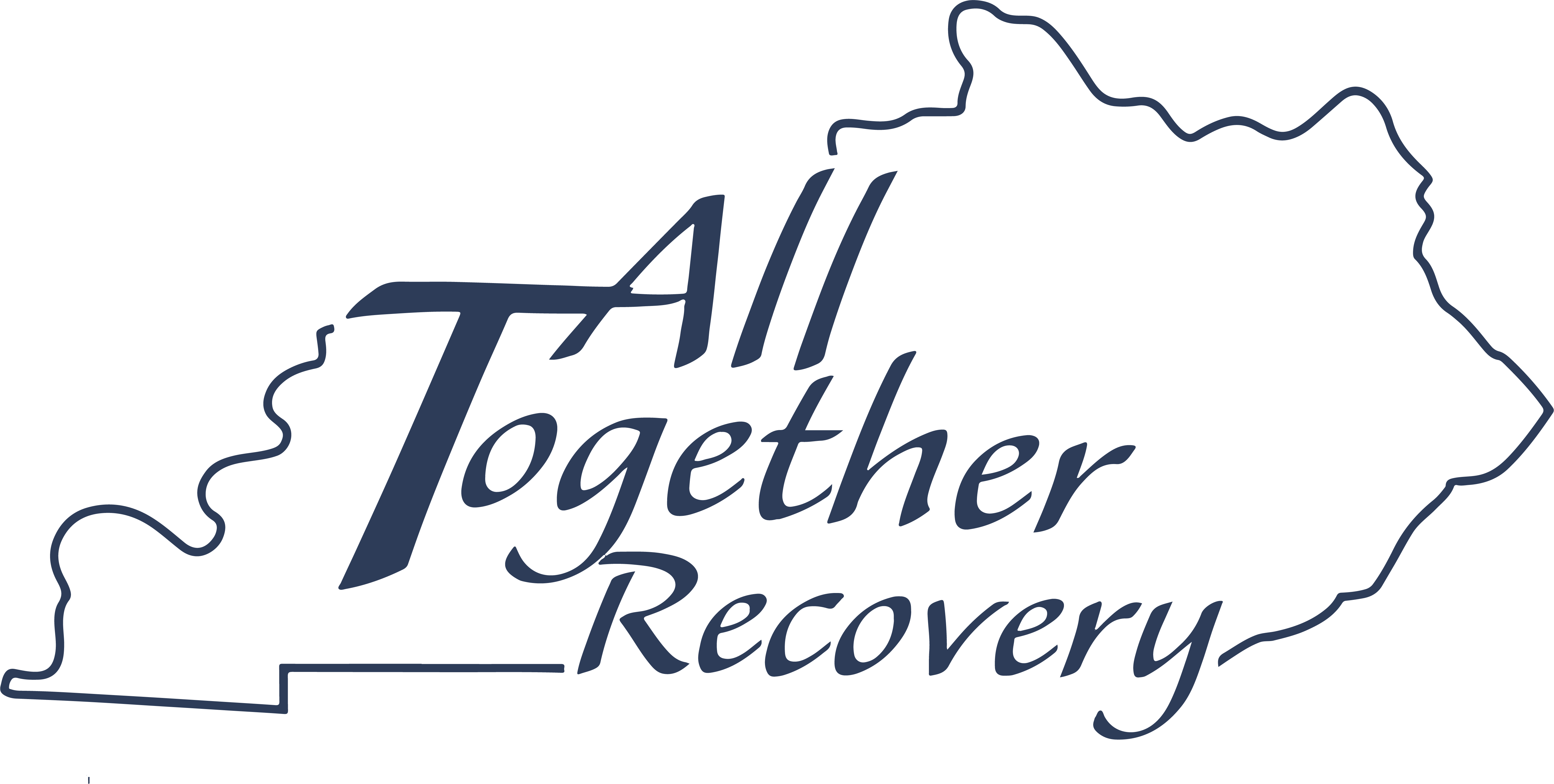Supporting a loved one in recovery can be both rewarding and challenging. Family members play a crucial role in helping someone overcome addiction and stay on track in their journey. Here are some practical tips on how to offer emotional, practical, and motivational support to a loved one recovering from addiction.
Understanding the Recovery Journey
The recovery process is complex and unique to each individual. It involves physical, mental, and emotional healing, and progress is often marked by ups and downs. It’s important to remember that recovery is a long-term commitment and not a quick fix. Be patient with your loved one, recognizing that setbacks may happen. Offering empathy and avoiding judgment will go a long way in making them feel supported rather than pressured.
Encouraging Healthy Habits
Encouraging your loved one to adopt and maintain healthy habits is an essential part of their recovery. Simple steps like helping them create a structured daily routine can provide stability. Encourage participation in activities that promote physical and mental well-being, such as exercise, hobbies, and mindfulness practices. Healthy eating and regular sleep patterns also contribute to overall well-being, making it easier to stay on track in recovery.
Finding Support Networks
It is essential for your loved one to find a strong support system outside of family and friends. Encourage them to attend meetings such as Celebrate Recovery, Alcoholics Anonymous (AA), or Narcotics Anonymous (NA). Finding a sponsor or mentor through these programs can provide them with guidance and accountability. These networks create a safe space for sharing experiences and receiving encouragement from those who have been through similar struggles.
Communicating Effectively
Clear and supportive communication is key to maintaining a healthy relationship during recovery. Listen without interrupting or judging, and offer encouragement rather than criticism. Validate their feelings and acknowledge their progress. Set boundaries when necessary, and express your concerns calmly. It’s also important to have open conversations about relapse prevention strategies and potential triggers.
Seeking Professional Help for the Family
Recovery isn’t just about the individual; it’s a family process. Seeking professional support, such as family counseling or joining support groups can help you understand addiction better and learn how to cope with the emotional toll it can take. Professional guidance can provide tools for effective communication and emotional healing for both the person in recovery and their loved ones.
Whether you’re seeking support for your loved one or need guidance yourself, our team at All Together Recovery is here to help you every step of the way. Reach out today to learn more about our holistic approach to recovery and how we can support your family during this journey.
Let’s Connect
start your journey
Ready to take the first step? Contact us today via our online form, phone, or email. Our admissions team is available 24/7 to provide support and answer any questions you may have.

